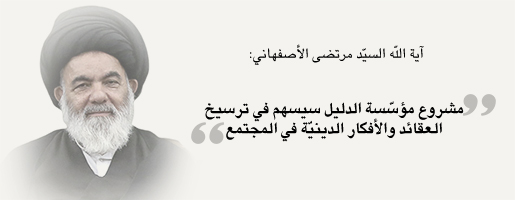


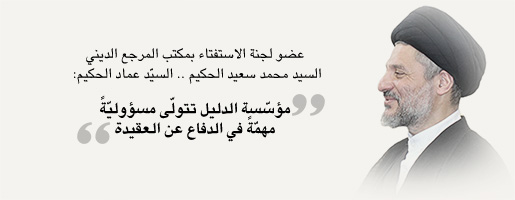


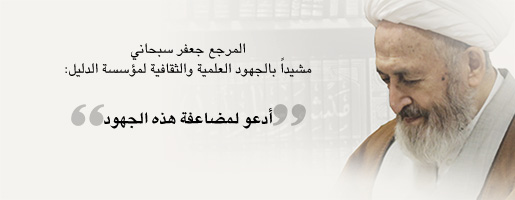
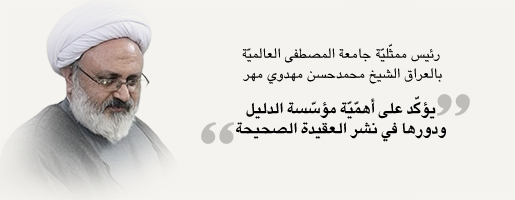

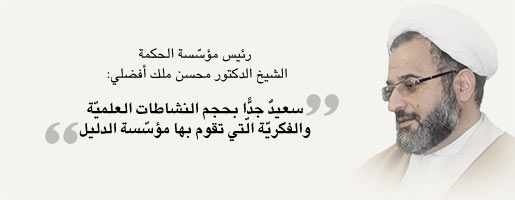

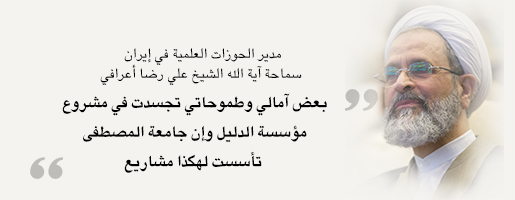


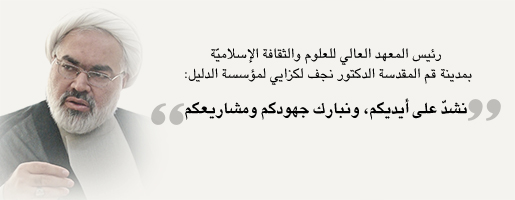

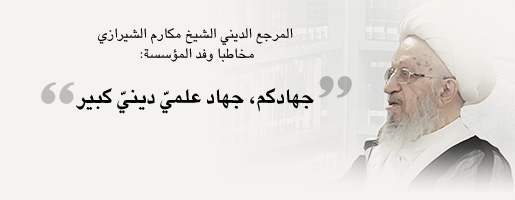
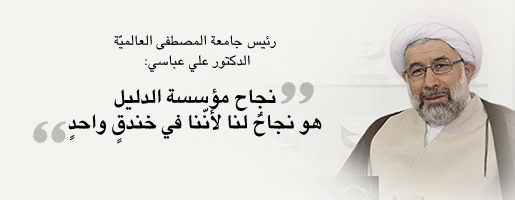
Sadeq Khalili Nasab
Abstract
In the contemporary era, given the tremendous pace of technological advancement and its direct impact on human life, there is a greater need than ever to examine the various dimensions of technology from a religious perspective and to guide its development toward the perfection of humanity. Within this context, artificial intelligence (AI) has penetrated numerous domains of industry and achieved astonishing accomplishments. This has led some specialists in the field to suggest that AI is not limited to performing intelligent, human-like behaviors, but may also acquire the mental attributes and psychological states of human beings-such as knowledge, will, thought, and emotions. On this view, AI could ultimately surpass the human mind, potentially resulting in a future where human beings are governed and dominated by machines. This perspective is summarized in the theory of "superintelligent AI," which has sparked intense debates in philosophical and theological circles. It is evident, however, that such a view stands in sharp contrast to the religious and Qur'anic conception of the human being and his existential dimensions. Accordingly, this article, employing a descriptive and analytical methodology, examines the foundational principles of the theory of miraculous AI and compares them with the Qur'anic understanding of human nature, capacities, and existential dimensions. The aim is to evaluate, from a Qur'anic perspective, the possibility of realizing the claims of miraculous AI theory.
